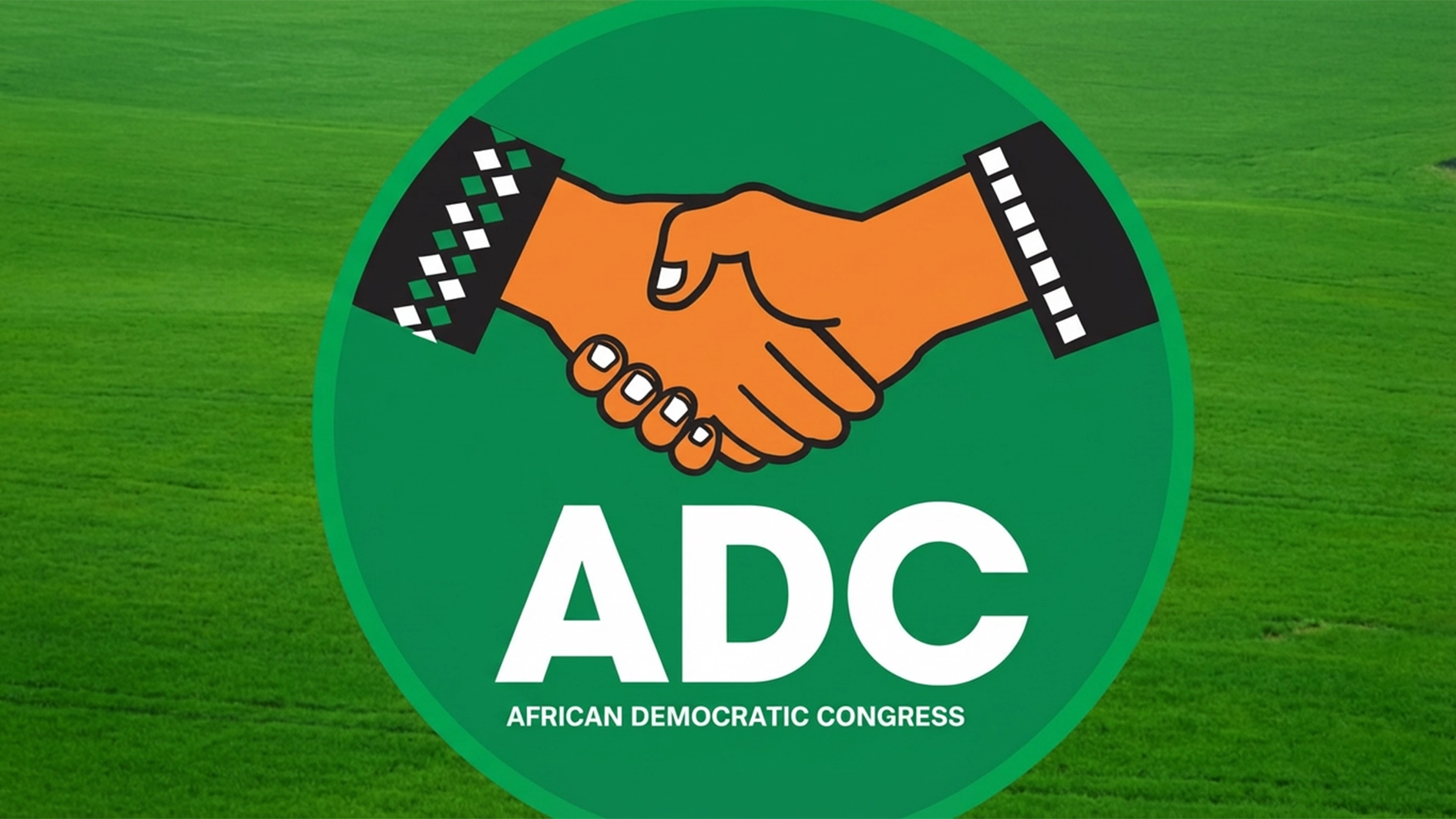[dailymotion code=”k2MSgla53aogtlx4myE” autoplay=”yes”]
FG resolute to taming virus nationwide
The World Health Organisation (WHO), yesterday, raised fresh safety concerns about Janssen and AstraZeneca vaccines.
A statement, by its Global Advisory Committee on Vaccine Safety (GACVS) COVID-19 subcommittee on reports of Guillain-Barré Syndrome (GBS) following adenovirus vector COVID-19 vaccines, warned that vaccination with the Janssen and AstraZeneca jabs could cause rare immune system disorder that results in muscle weakness, pain, numbness and paralysis (GBS).
Nigeria had, in March, received 3.92 million AstraZeneca doses and immunised over two million citizens.
The GACVS, on July 13 and 20, 2021, met virtually to discuss rare reports of GBS following vaccination with the Janssen and AstraZeneca COVID-19 vaccines. Both jabs use an adenovirus platform as their backbone.
GBS could arise from different causes, including infections, and occurs more frequently in males and persons over 50 years old.
The global agency said cases might occur coincidentally following vaccination. For example, rare cases of GBS have been observed following seasonal influenza vaccines and others to protect against shingles, but it is not known if the vaccines cause GBS. A systematic review and meta-analysis in 2011 estimated the background incidence for GBS as 0.8-1.9/100 000 in Europe and North America.
According to the organisation, for Vaxzevria (the AstraZeneca COVID-19 vaccine manufactured in Europe), the European Medicines Agency’s (EMA) Pharmacovigilance Risk Assessment Committee (PRAC) issued a statement on July 9, recommending the addition of a warning to raise awareness on GBS following vaccination, although they could not confirm nor rule out an association with the vaccine.
A total of 227 cases of GBS were reported from the EU/European Economic Area (EEA) to EMA with Vaxzevria by June 27, 2021, while around 51.4 million doses of Vaxzevria had been given to people in the zone as of June 20, 2021.
“For Johnson & Johnson (Janssen) COVID-19 vaccine, the United States Food and Drug Administration (US FDA) announced on July 13 a revision to the vaccine recipient and vaccination provider fact sheets to include information pertaining to an observed increased risk of GBS following vaccination.
The U.S. Advisory Committee on Immunisation Practices (ACIP) reviewed the information at its meeting of July 22, noting that as of June 30, 100 cases of had been reported in the Vaccine Adverse Events Reporting System, the American nationwide passive surveillance system, with approximately 12.2 million of doses of the Janssen therapy.”
IN the meantime, the Federal Government said it was working round the clock to see that Nigeria comes out of the pandemic stronger and better prepared for any future outbreak.
It warned that adherence to non-pharmaceutical interventions, public health, and social measures would keep any nation safe from future pandemics.
Director-General of the Nigeria Centre for Disease Control (NCDC), Dr Chikwe Ihekweazu, who stated this at the Nigerian Conference of Applied and Field Epidemiology (NiCAFE) with the theme, Building back better: COVID-19 and other disease outbreaks, observed that the virus has not only been very disruptive but also provided opportunities to build back stronger on some of the systems that were in place prior to its interruption.
He said the centre has always used Incident Management Systems in responding to outbreaks and with COVID-19, the NCDC had been able to test the systems through a multi-sectoral response.
Chikwe, who was represented by the Director of Prevention Programmes and Knowledge Management, Dr Chinwe Ochu, said the agency was building more partnerships in science to identify contextual factors that drive the novel coronavirus in the country, adding that the NCDC will be looking inward and identifying good practices.






